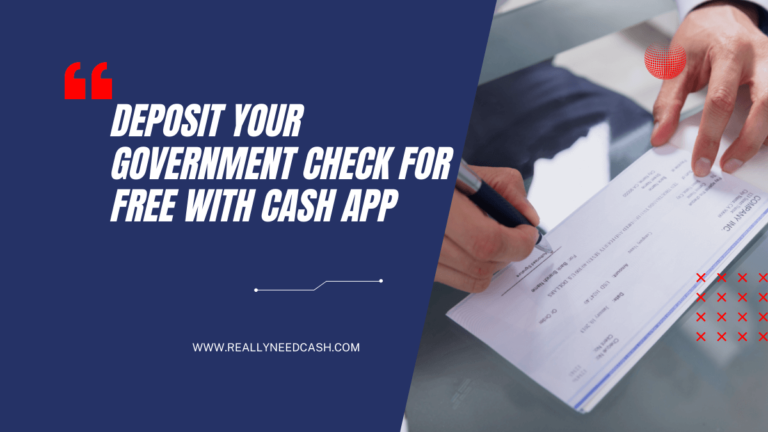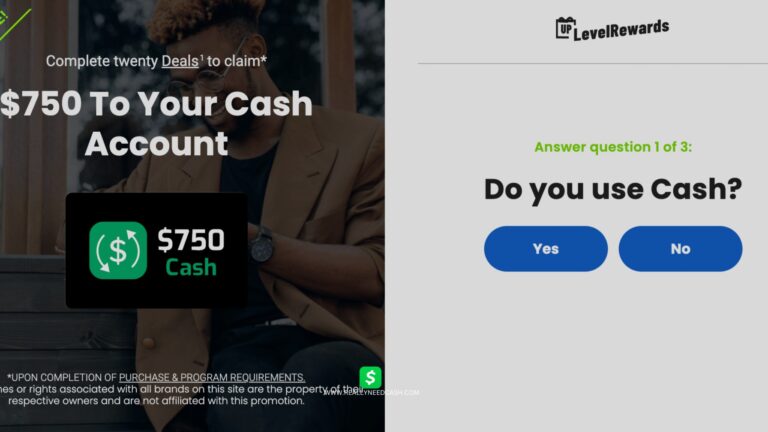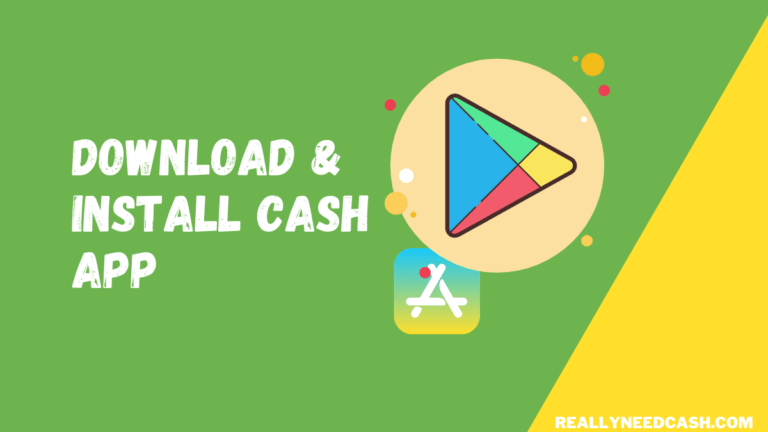Understanding Garnishment and Its Application to Cash App
Garnishment is a legal process that allows creditors to reach a debtor’s assets to satisfy unpaid debts. When it comes to Cash App, understanding how garnishment can affect your funds is crucial. It’s important to know the legal framework, the process involved, and ways to protect your assets.
Legal Foundations of Garnishment
Garnishment is often initiated by a creditor who has obtained a judgment against a debtor. According to state laws, creditors must follow specific procedures to garnish funds. In most cases, a judge must issue a writ of garnishment before the creditor can access the debtor’s assets, including those held in Cash App.
Federal and state laws also set limits on what can be garnished. For example, certain income types such as Social Security benefits and retirement funds may be exempt from garnishment. It’s wise to consult a lawyer or legal professional for guidance, especially to navigate complex legal standards. This can help ensure you understand your rights and obligations.
Garnishment Process and Parties Involved
The garnishment process typically begins when a creditor files a request in court. If approved, the court issues a writ to the bank or financial service holding the debtor’s funds. In the case of Cash App, they may receive a notice to freeze or seize funds.
Key parties involved include the creditor, the debtor, and the financial institution. Creditors must notify debtors about the garnishment. They usually have a chance to respond or contest the garnishment through legal channels. Missing these notifications can lead to serious consequences, including unintended loss of access to funds.
Protection of Funds and Exempt Assets
It’s important to know that not all funds are subject to garnishment. There are exemptions designed to protect certain types of income. To keep your funds safe, keep track of your earnings and know what can be garnished.
If faced with garnishment, I can explore my options to protect my assets. Legal professionals often advise filing a claim of exemption if applicable. This can potentially stop the creditor from accessing funds that should remain mine, such as specific family support payments or earned income credits.
In summary, being informed about the garnishment procedure and protections available can help me safeguard my earnings and navigate challenging situations effectively.
Navigating Legal Assistance for Garnishment Issues
When facing garnishment issues, finding the right legal help is crucial. This process involves knowing how to choose a lawyer and understanding their qualifications and ratings.
Choosing the Right Lawyer for Garnishment Disputes
I find that the right lawyer can make a significant difference in garnishment disputes. Start by looking for someone with experience specifically in debt-related cases. This may mean checking their years licensed and previous work in financial law.
You should also explore their education and any legal community recognition they have received. Peer endorsements can be valuable in assessing their reputation. Don’t forget to inquire about any disciplinary information. This can reveal if there are concerns regarding their practice.
It’s helpful to check if they belong to state bar associations, which can add to their credibility. Awards and publications in legal circles also showcase their expertise. Remember, a strong background in handling garnishment cases can provide you with the confidence needed in your legal battles.
Understanding Legal Representation and Avvo Ratings
Avvo ratings are an excellent tool for evaluating a lawyer’s qualifications. These ratings range from Superb to Extreme Caution. A high rating often reflects a lawyer’s experience, education, and peer reviews in their field.
I always recommend reading through a lawyer’s Avvo profile. Look for their work experience, education, and any disciplinary actions. This information helps give a clearer picture of their reliability. Ratings explained can guide you in understanding their professional standing.
Moreover, consider their involvement in speaking engagements or publications. These activities can indicate their commitment to legal thought leadership. A lawyer who engages in their field often stays updated on changing laws, which can be beneficial in your case.
Specifics of Cash App in the Context of Garnishment
When it comes to garnishment, understanding how Cash App operates is crucial. This section looks at whether Cash App balances can be garnished and compares its features with other payment platforms.
Can Cash App Balances Be Subject to Garnishment?
Yes, Cash App balances can be subject to garnishment. If a creditor obtains a court order, such as a writ of garnishment, they may legally access funds in your Cash App account. This could happen if you owe money related to child support, unpaid debts, or other legal judgments.
In many cases, a court may instruct Cash App to withhold a portion of your balance until your obligations are met. This process is similar to how banks handle account garnishment. It’s important to be aware that maintaining a balance above what is specified in the court order might expose your funds to garnishment.
Comparing Cash App with Other Payment Platforms Regarding Garnishment
When comparing Cash App to platforms like Venmo and Zelle, the rules can be similar but may vary based on the company’s policies and state laws. Just like Cash App, Venmo can also have its funds garnished if a creditor takes legal action.
The main difference lies in how each platform notifies users about potential garnishments. With Cash App, you may not receive direct communication until a legal order is executed. Zelle, on the other hand, operates through banks, which might provide more immediate notifications of any account issues.
In each case, knowing your rights as a debtor is important. Keeping your accounts in good standing can help avoid garnishments and protect your finances.
Frequently Asked Questions
I often get questions about what happens when a Cash App account faces legal issues related to garnishment and similar concerns. Here are some clear answers to the most asked questions about this topic.
What happens when a Cash App account is subject to legal garnishment?
If a Cash App account is garnished, funds may be taken to settle debts. This usually occurs after a court order is issued. The amount taken can depend on various factors, including the type of debt and the outstanding balance in the account.
How does a creditor initiate the garnishment process for funds held in a Cash App account?
A creditor starts the garnishment process by filing a lawsuit. If the court rules in favor of the creditor, they can send a garnishment order to Cash App. Cash App is then legally required to freeze the specified amount in the account until the matter is resolved.
Are there any types of bank accounts or conditions under which a Cash App account might be exempt from garnishment?
Certain accounts may be protected from garnishment, like those solely containing government benefits or wages. Additionally, laws vary by state, which can affect what types of funds are safe from being taken. It’s wise to check local laws for more details.
What actions should be taken if one’s Cash App balance is unexpectedly seized or frozen due to legal action?
If your Cash App balance is seized unexpectedly, I recommend reaching out to Cash App support immediately for clarity. Also, consider consulting with a lawyer to understand your rights and options. Prompt action can help address the situation more effectively.
In what instances can Cash App legally close an account for violating the terms of service?
Cash App may close an account if there are violations of their terms of service, such as fraudulent activity or suspicious behavior. They take these issues seriously to protect all users. If your account is closed, you will be notified of the reasons.
How does Cash App respond to law enforcement requests for user information or account seizure?
Cash App must comply with valid law enforcement requests. This means they may provide user information if required by a court order or similar legal document. Protecting user privacy is important, but legal obligations take precedence.





